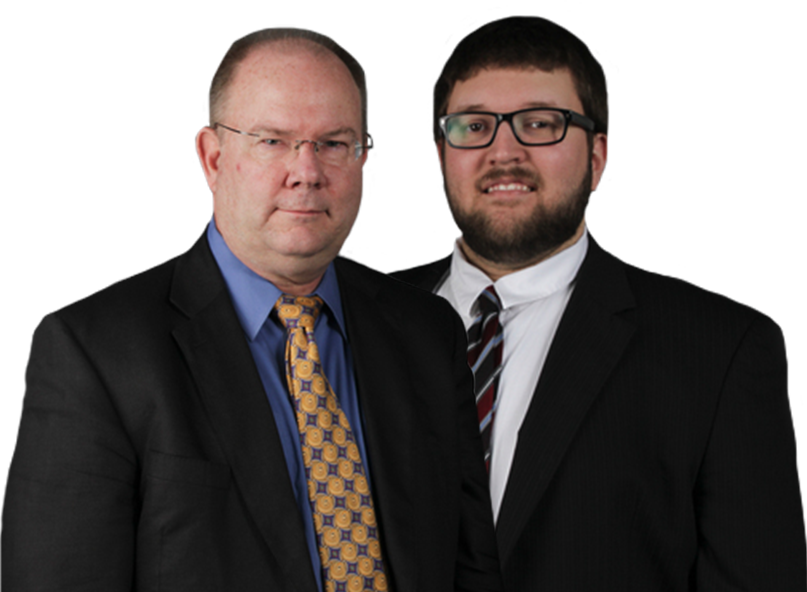Do you have to fully repay your debts in a Chapter 13 bankruptcy?
There are several different kinds of personal bankruptcy available. If you own significant personal property or have an above-average income, then Chapter 7 or liquidation bankruptcy may not be the best option for you.
Chapter 7 bankruptcy would require that you sell off some of your assets to discharge your debts, and there are strict income limitations on a Chapter 7 filing. Chapter 13 bankruptcy can be a great option for those with valuable personal property or high income levels.
However, the repayment plan required in a Chapter 13 bankruptcy may put some people off from this option. Do you really have to repay some of your debts completely to receive a discharge?
The repayment plan does not require a total payoff
One of the reasons that you don’t have to liquidate any of your assets in a Chapter 13 bankruptcy is that you have to make payments through the courts to your creditors for several years. You will have to attend a creditor meeting with representatives from the companies whose debts may be subject to discharge and a court-appointed trustee.
After reviewing your financial information, the trustee will help create a repayment plan. You will usually have to make payments for at least three years, but maybe for as long as five years. Rather than requiring that you fully pay off your creditors, what matters is that you allocate an appropriate amount of your disposable income to these obligations.
If you make all of the payments on time, you will receive a discharge of the remaining balance on those accounts at the end of the bankruptcy process. Learning about how Chapter 13 bankruptcy works can help you decide if it is the right solution for your current financial difficulties.

